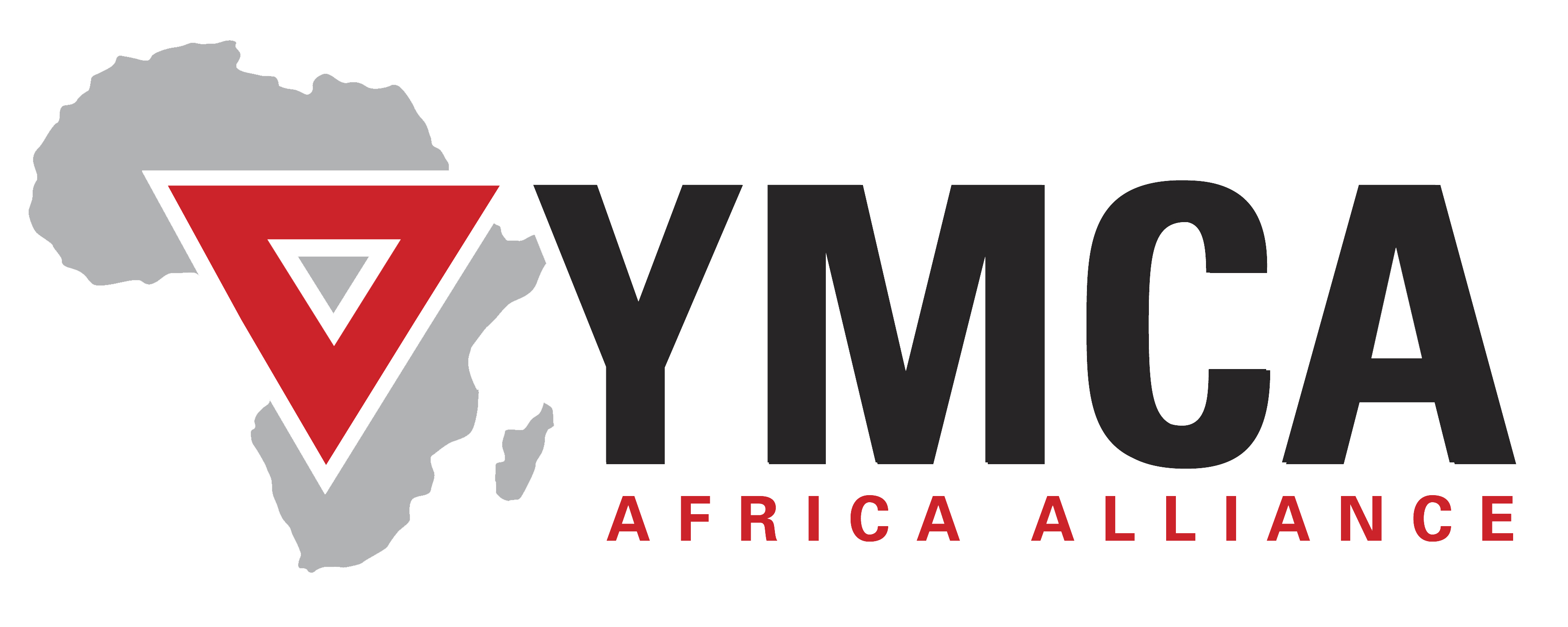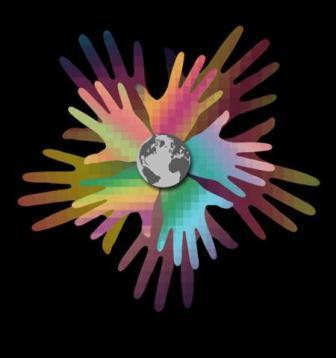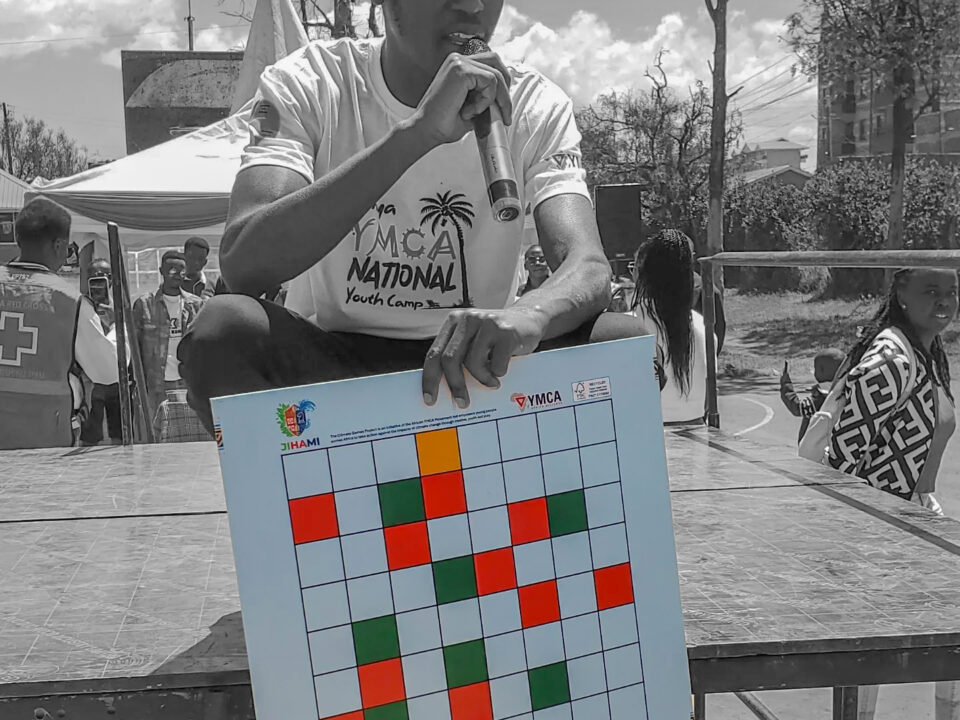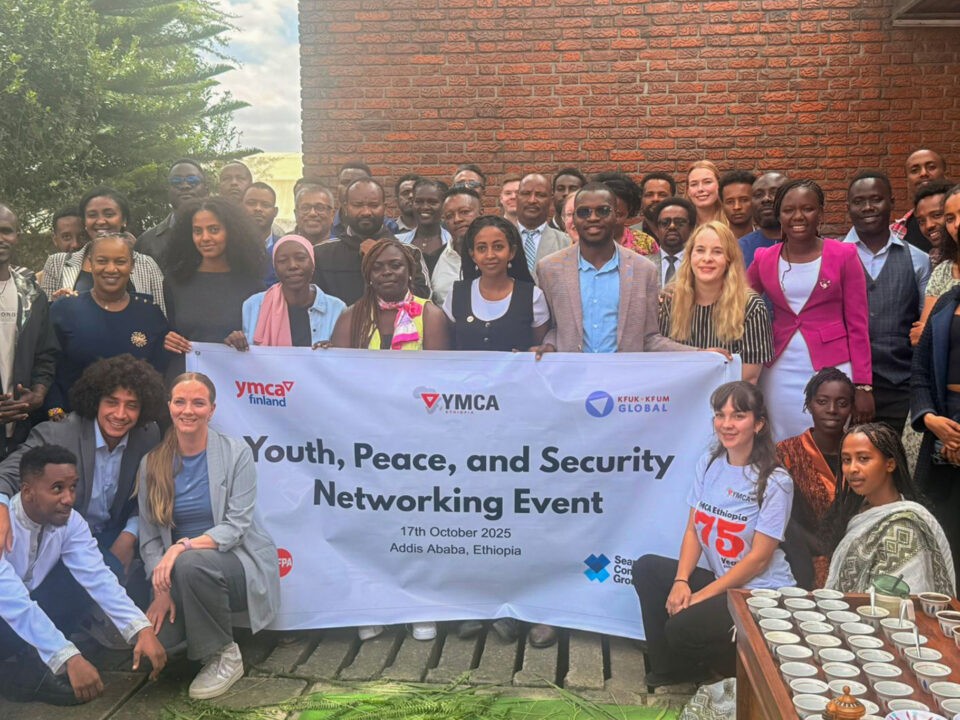At a broader level, social justice is an underlying principle for peaceful and prosperous coexistence within and among nations. We uphold social justice when we promote the rights of migrants. The International Labour Organisation recently adopted the Declaration on Social Justice for a Fair Globalisation and so the theme for this year’s Social Justice Day on 20 February is Workers on the Move: the Quest for Social Justice.
This is particularly pertinent for Africa. According to a recent United Nationals migration report, between 2000 and 2017, Africa experienced the largest relative increase in the number of international migrants (+68%). Now if we couple this with some research led by the African YMCA movement, that is found in the African Youth Fact Book, we see that the vast majority of youth would like to leave Africa.
Migration is always tied to livelhoods in some way or another. I remember some years back at an African YMCA event, having an in-depth conversation with someone from Senegal who had attempted migration due to poverty. Coming from a fishing family, his entire family sold everything they owned to pay for his (unsafe) passage across the Mediterranean sea and to Spain. On finally reaching the shores he was detained for about a month and sent home – penniless. Shame. Regrets. Failure. That is what he brought back to an empty desperate household.
The experience taught him though to dig deep into himself and make things work in his own country by thinking out the box. At the time, he was an entrepreneur, leading the family out of the darkness.
Then again there is the international African migration that is directly linked to peace. Why not go to another county? We do have internal and regional migrations – and as a South African I know this very well as many African countries gave safe haven to our freedom fighters, and in recent years during the height of Zimbabwean poverty and insecurity, our neighbours sought refuge here. There have been recent ‘voting with your feet’ dialogues that have shown that being an African migrant is complex. Some seek countries outside of our continent because the playing fields are more level from education to voter engagement. Simply put the quest is for social justice when workers are on the move.
This places us under even more pressure: its about political, economic, social justice and also a sense of dignity and pride that we are dealing with. Agenda 2063, is Africa’s blueprint for the future and the African YMCA movement is championing the young aspect of this. Social justice in our terms is a deliberate project which we must embark on, leaning heavily on the principles of Agenda 2063 where the Africa we want is one that is united, peaceful and prosperous. And one where youth feel pride in their countries and continent – pride enough to work towards social justice.






